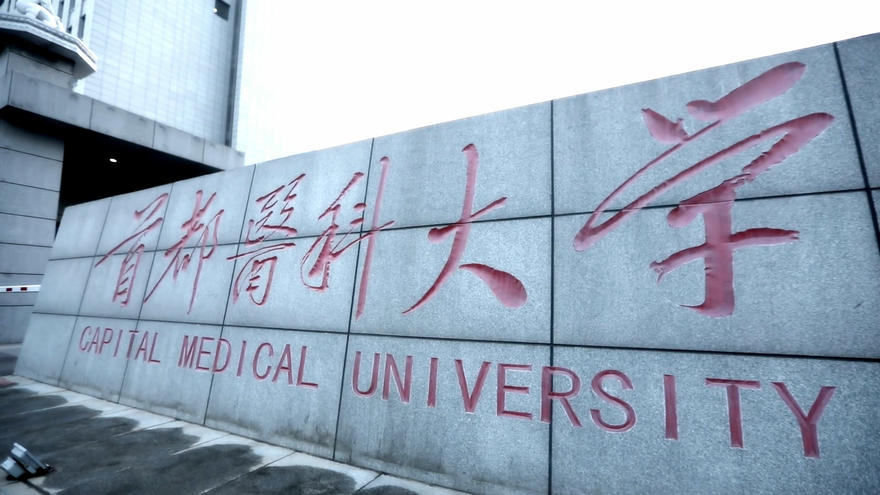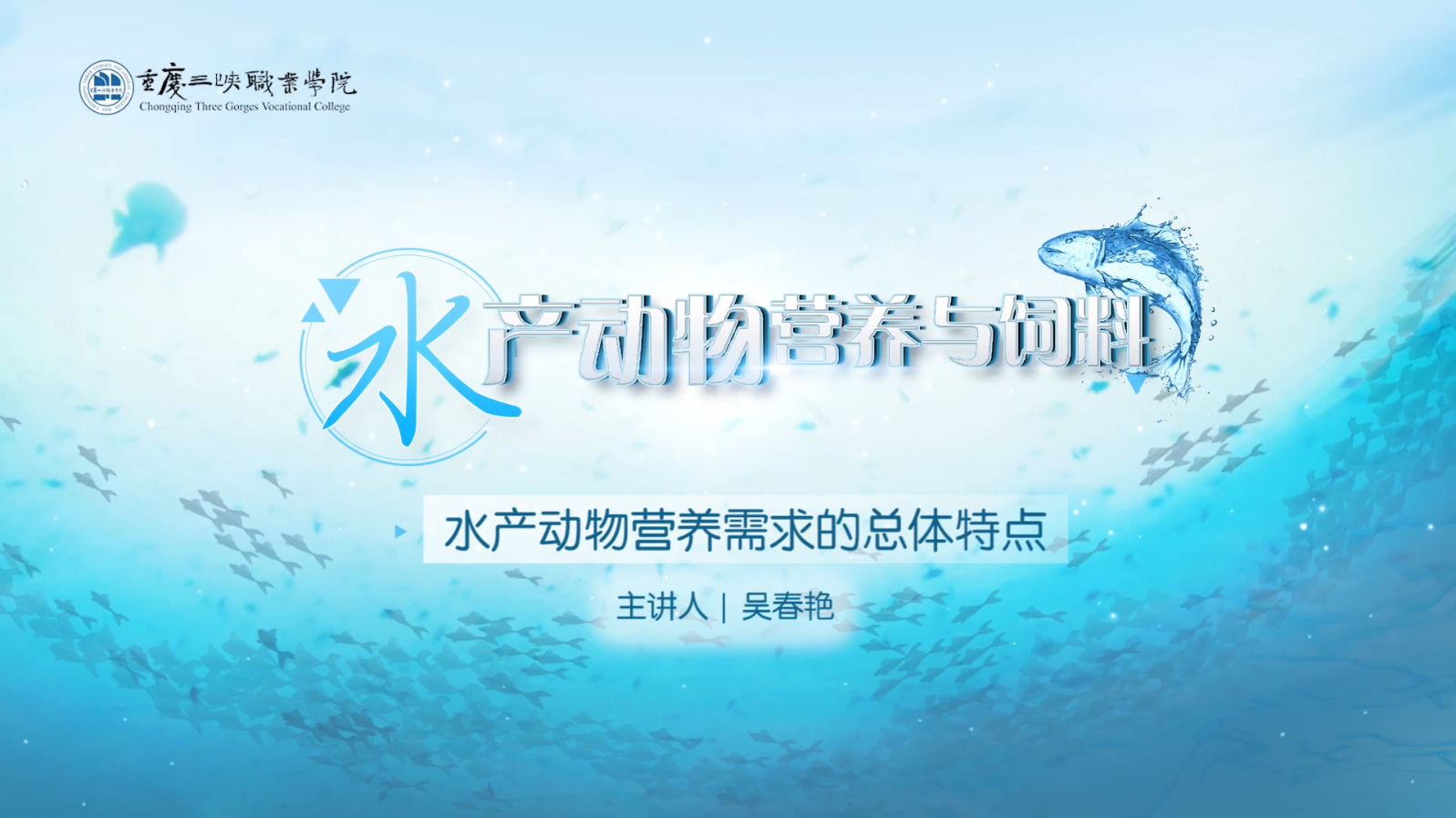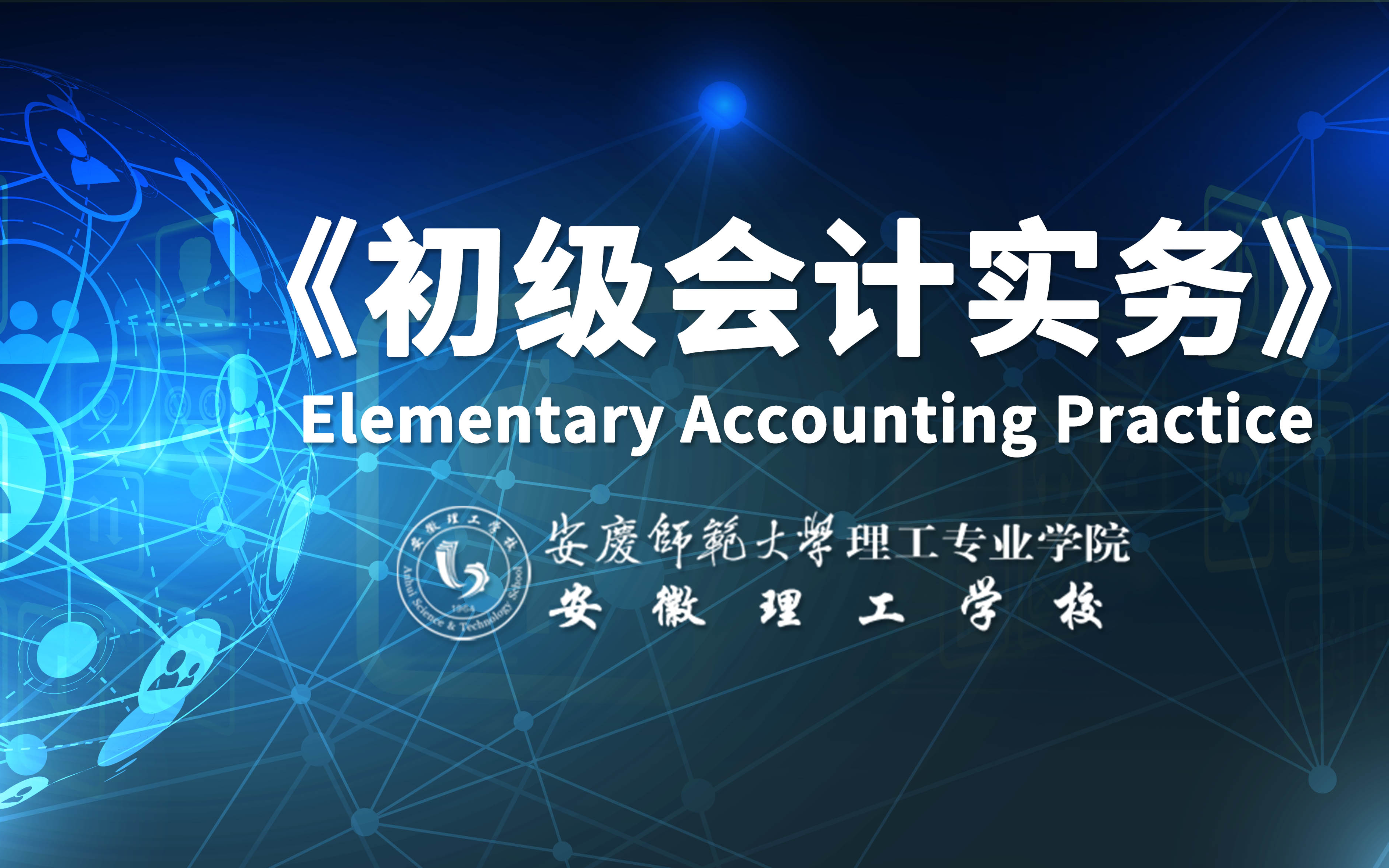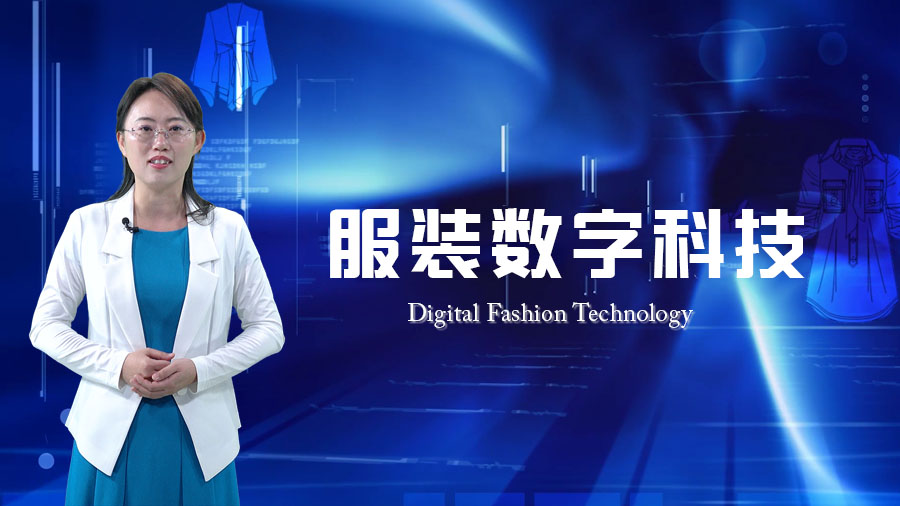
1. Wu Chunyan, Master, Lecturer, and Senior Examiner of National Vocational Skills Appraisal, is mainly engaged in teaching and research on diseases and nutrition of aquatic animals. She published more than 20 papers, presided over 6 provincial and ministerial scientific research projects and 3 education and teaching reform projects, and won the first prize in the Chongqing Teacher Education and Teaching Ability Competition and the third prize at the national level in 2019. She is responsible for course construction and basic knowledge teaching;
2. Ren Siyu, Doctor, Lecturer, National Practicing Veterinarian (Aquatic Animals), Senior Examiner of National Vocational Skills Appraisal, Chongqing Science and Technology Commissioner, and currently Director of Aquaculture Technology Major of Chongqing Three Gorges Vocational College, is mainly engaged in teaching and research on aquatic animal breeding and fish ecology. He presided over the final project acceptance of the Chongqing Aquatic Teaching Resource Library Project and published more than 20 academic papers. He is responsible for the construction of course resources and learning guidance for students;
3. Mu Zhiping, Master of Animal Genetics, Breeding and Reproduction and Associate Professor, is mainly engaged in teaching research and practice in livestock and poultry breeding and reproduction and special economic animal breeding. She guided students to win awards above the municipal level in innovation and entrepreneurship competitions many times, presided over or participated in 9 national and provincial projects, published 15 papers in core journals such as Journal of Domestic Animal Ecology and Heilongjiang Animal Science and Veterinary Medicine, and published 3 SCI papers in journals such as nature communications and scientific reports. She is responsible for collecting course feedback and handling student tests;
4. Peng Jinjin, Master of Animal Nutrition and Feed Science and Director of Sheep Raising Branch of Chinese Association of Animal Science and Veterinary Medicine, is mainly engaged in teaching and research on pig production management and animal nutrition. She published more than 20 academic papers, edited 2 textbooks as the chief editor and 3 textbooks as the associate editor, participated in the compilation of 5 textbooks, and presided over 8 scientific research projects at the provincial and ministerial levels and above and 2 education and teaching reform projects. She won the third prize in the Hebei Provincial Science and Technology Progress Award in February 2017. She is responsible for teaching feed courses;
5. Dai Qianqian, Master of Preventive Veterinary Medicine, works at Chongqing Three Gorges Vocational College and is mainly engaged in teaching and research on animal nutrition, disease prevention and testing, and microbial ecological agents. She published 2 SCI papers and 6 CSCD papers, presided over and participated in 7 projects, and participated in the compilation of 4 books and textbooks. She is responsible for the construction of course resources and the teaching of mineral elements;
6. Yu Weiwei, Master of Agriculture and National Practicing Veterinarian, is mainly engaged in teaching and research on pig production management and breeding. She published 3 academic papers and 1 patent and participated in the compilation of 4 textbooks. She is responsible for teaching the contents of three major nutrients;
7. Liu Zhenkun, Master of Agriculture, is mainly engaged in teaching and research on animal nutrition, feed, and breeding.
He published 5 academic papers and 1 patent, edited 1 textbook as the chief editor, and participated in the compilation of 4 textbooks.
He is responsible for teaching courses on constant mineral elements.
Excellent course: Chongqing Municipal Excellent Course;
On-campus teaching time: the first and second semesters of the 2021-2022 academic year and the first and second semesters of the 2022-2023 academic year;
Student type: freshmen and sophomores majoring in Animal Husbandry and Veterinary
Number of students: 2,775
Learning effect: good
Analysis of advantages and disadvantages of the course: In this course, starting from the feed production workflow, the characteristics of the digestive tract of aquatic animals, the functions of nutrient components of feeds for terrestrial and aquatic animals, the use of feed additives, and the nutritional functions of feed raw materials are used to learn advanced scientific cases, so as to design feed formulas, summarize research methods of green feeds, and sort out research plans for replacing antibiotics.
The teaching mode of double guidance by two tutors on campus and off campus is applied, emphasizing the three-combination teaching design of education and society, teaching and production, and learning and practice. The teaching mode of " self-learning of online resources + offline multi-dimensional classroom + trinity practice + multiple assessment systems" is established to achieve the new agricultural science goal of "consolidating the foundation, expanding knowledge, and cultivating ability".
Disadvantages: The course is the core course of the Aquaculture Technology Major, and the scope of application is relatively limited.
Advantages:
Strong construction process:
In September 2017, Course Information Construction of "Chongqing Aquatic Teaching Resource Library"
In April 2021, "Construction of 2021 Chongqing Virtual Simulation Training Base"
In April 2022, Online Open Course of Chongqing Excellent Vocational Education in 2021
In May 2022, International Excellent Online Open Course of China-Thailand Vocational Education Alliance in 2022
In July 2022, Chongqing Education Reform Project "Construction of National Excellent Course Resources for Aquatic Animal Nutrition and Feed under the Background of Double-High Plan"
Course innovation:
First-class teacher team
Based on the online course construction plan shared by the China-Thailand Vocational Education Alliance, the course will go global and serve the "Belt and Road Initiative". The course team arranges the faculty of "on-campus + off-campus", "domestic + international", and "industry + enterprise" to implement course construction on the "virtual teaching and research office" platform, so as to solve the problems of blocked communication and limited course resources caused by regional and epidemic factors.
Ideological and political cases of rural revitalization
In the course, the skills that are integrated with the current development of agriculture and the rural economy are sorted out. The rural revitalization cases of faculty are integrated into the course and classroom, and the frontier technology, industry policies, and ideological and ethical standards are integrated into the key points highly related to feed allocation operations, so as to ensure that students can maintain a prudent attitude of due diligence in future employment, thus achieving the educational model of "all-staff education, whole-process education, and all-round education".




